7 Best Solana Wallets to Store SOL and Trade in 2024
Over the last 12 months, Solana (SOL) has made significant gains in value, rising by nearly 900%, with a new wave of investors buying the token. For owners of this crypto, knowing how to safely store and trade SOL with the right wallet is crucial. In 2024, several wallets stand out for their features, security, and ease of use. This guide highlights the best Solana wallets for different needs, including staking, trading, and managing NFTs.
Whether you’re a seasoned trader or a new investor, finding the right wallet can enhance your Solana experience. From hardware wallets offering robust security to mobile wallets providing easy access, this list covers the best Solana wallet available to you.
List of The Top Solana Wallets
After extensive research, here is our Solana wallet list.
- Phantom Wallet – Best Solana wallet for staking SOL known for its ease of use and comprehensive features.
- Solflare Wallet – Best wallet for trading SOL with support for staking and integration with hardware wallets.
- Exodus Wallet – Best Solana wallet for NFTs, providing a visually appealing interface and excellent NFT management features.
- Ledger Nano X – Best hardware wallet for Solana, renowned for its top-notch security and a great way to store SOL offline.
- Atomic Wallet – Best wallet for Atomic Swaps offering staking capabilities.
- Trust Wallet – Best user-friendly wallet known for its simplicity and support for a wide range of cryptocurrencies, including Solana.
- Math Wallet – Best multi-chain solution available in both mobile and web versions, making it versatile for Solana users.
Best Wallets for Solana Reviewed
So, what is the best Solana wallet to use this year? Let’s review each of the above wallets in more depth so you can decide which one to use.
1. Phantom Wallet – Best Solana Wallet for Staking SOL
The best SOL wallet is Phantom, which is widely recognized for its user-friendly interface and comprehensive functionality. It offers a seamless experience for Solana users, especially those interested in staking.

The Phantom platform connects directly with Solana’s ecosystem, allowing users to manage their tokens, NFTs, and DeFi activities effortlessly. Its browser extension is easy to install and use, providing quick access to your SOL assets.
With its built-in staking feature, Phantom makes it simple to stake your SOL and earn rewards. This wallet is an excellent choice for both new and experienced Solana users looking to maximize their staking potential. Check out our guide on how to set up a Phantom Wallet for more information.
Pros
- User-friendly interface
- Direct integration with Solana DeFi
- Built-in staking feature
Cons
- Limited to the Solana ecosystem
- Browser extension only
- No mobile app (as of now)
What special features does Phantom have?
- Built-in staking for SOL
- NFT support
- Integration with Solana DApps
2. Solflare Wallet – Best Wallet for Trading SOL
Solflare is a comprehensive wallet solution designed specifically for Solana users. It offers both web and mobile versions, providing flexibility for different user preferences.
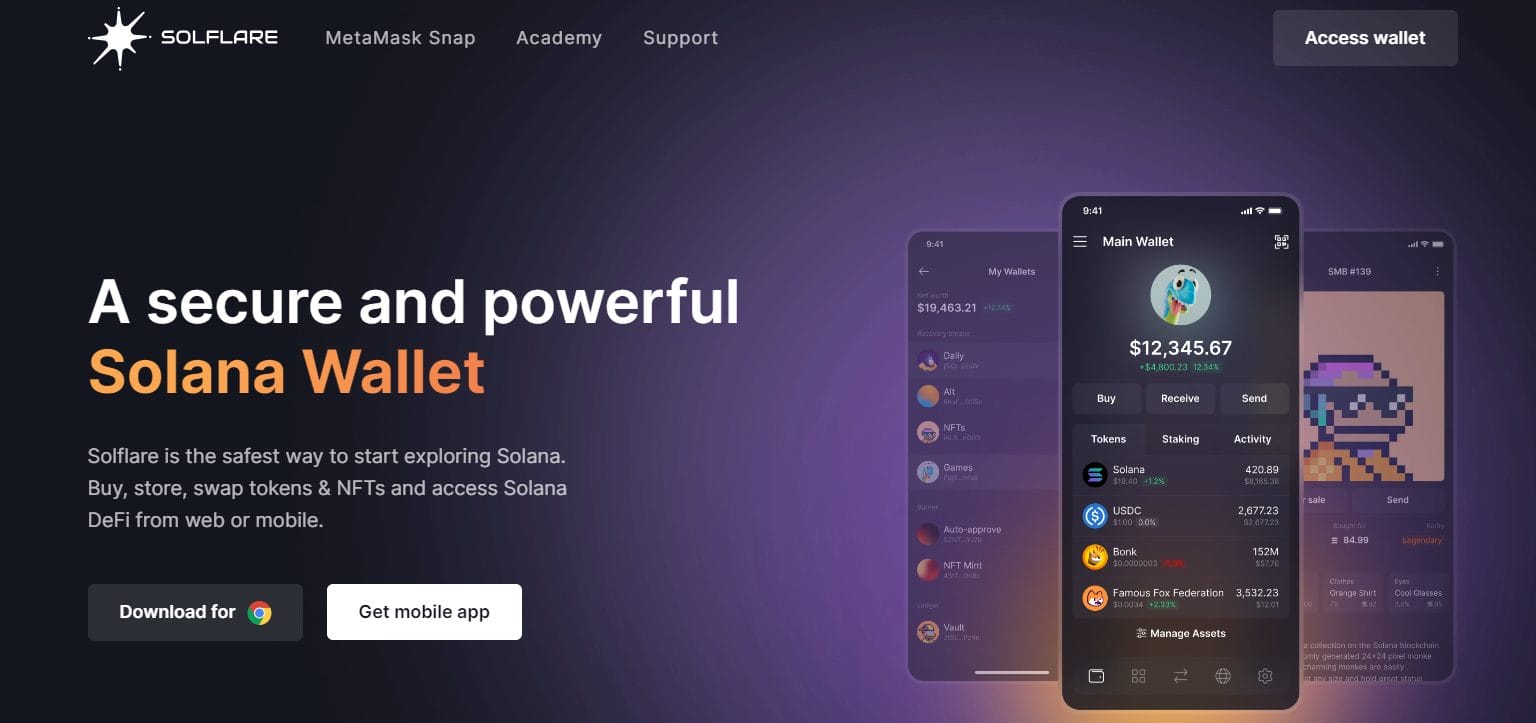
Solflare supports staking and has robust security features, including integration with Ledger hardware wallets. For traders, Solflare offers easy access to various Solana-based decentralized exchanges (DEXs), facilitating smooth and efficient trading.
Its intuitive interface and comprehensive features make Solflare a top choice for anyone looking to trade SOL regularly and manage their assets securely.
Pros
- Supports both web and mobile platforms
- Integration with Ledger for enhanced security
- Excellent for trading and staking SOL
Cons
- Might be overwhelming for beginners
- Requires Ledger for maximum security
- Less intuitive than some competitors
What special features does Solflare have?
- Support for both staking and trading SOL
- Integration with Ledger hardware wallets
- User-friendly web and mobile interfaces
3. Exodus Wallet – Best Solana NFT wallet
Exodus is known for its visually appealing interface and multi-currency support, including Solana. It provides a seamless experience for managing a diverse range of cryptocurrencies and NFTs.
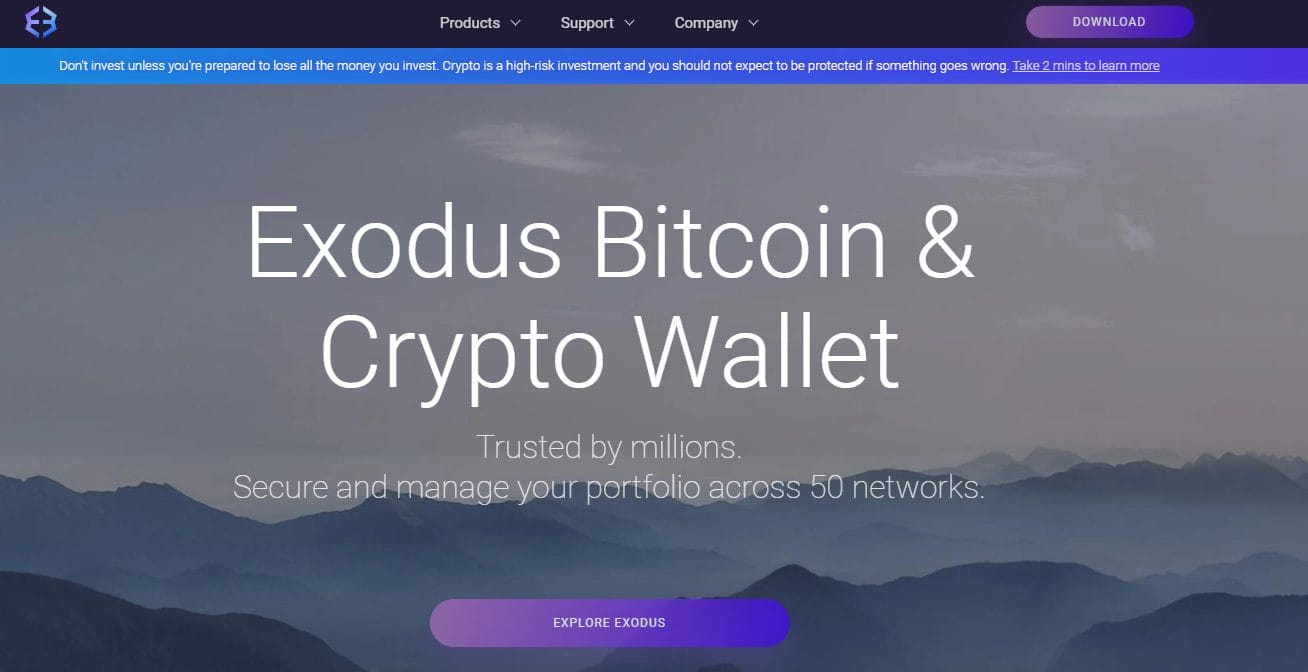
Exodus offers a built-in exchange feature that allows users to swap between different cryptocurrencies easily. Its support for Solana includes NFT management, making it a top choice for users interested in both trading SOL and managing their NFT collections. At their peak, NFT marketplaces like OpenSea recorded over $2 billion in transactions.
With desktop and mobile versions, Exodus ensures that users can access their assets and manage their portfolios from anywhere, making it versatile and convenient.
Pros
- User-friendly and visually appealing interface
- Multi-currency and NFT support
- Built-in exchange feature
Cons
- Higher fees compared to some wallets
- Not open source
- Limited advanced trading features
What special features does Exodus have?
- NFT support on Solana
- Built-in exchange for seamless swaps
- Cross-platform support (desktop and mobile)
4. Ledger Nano X – Best Hardware Wallet for Solana
Ledger Nano X is a hardware wallet known for its robust security features, making it the best choice for storing SOL and other cryptocurrencies offline.
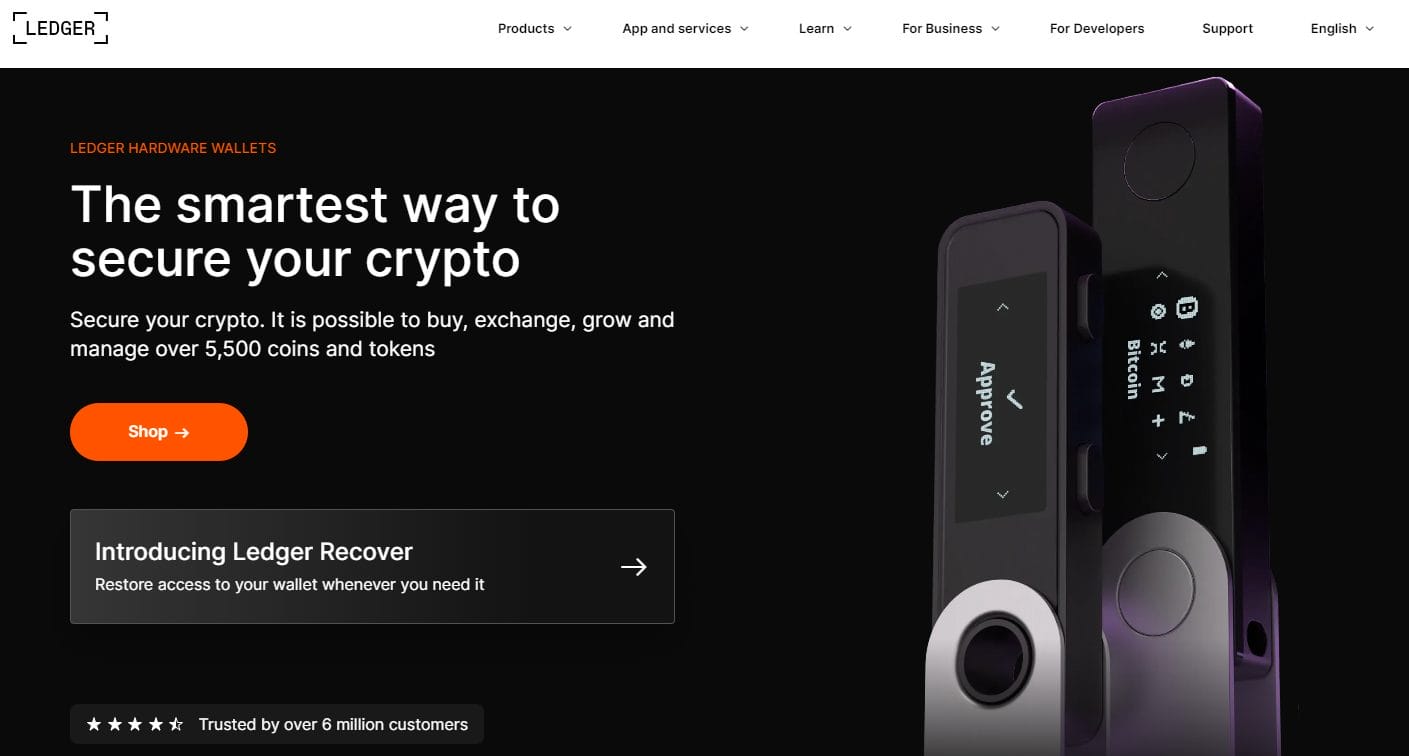
Ledger Nano X supports a wide range of cryptocurrencies, including Solana. Its Bluetooth-enabled device allows for mobile use, providing flexibility without compromising on security. The wallet integrates with Ledger Live, a companion app that makes managing your assets straightforward.
For those who prioritize security, Ledger Nano X offers unparalleled protection against online threats, making it ideal for the long-term storage of significant crypto holdings.
Pros
- High-security offline storage
- Bluetooth-enabled for mobile use
- Supports multiple cryptocurrencies
Cons
- More expensive than software wallets
- Requires physical device
- Can be complex for beginners
What special features does Ledger Nano X have?
- Offline storage for enhanced security
- Integration with Ledger Live app
- Bluetooth connectivity for mobile access
5. Atomic Wallet – Best Wallet for Atomic Swaps
Atomic Wallet is a versatile multi-currency wallet that supports Solana and offers various features such as atomic swaps and staking capabilities.
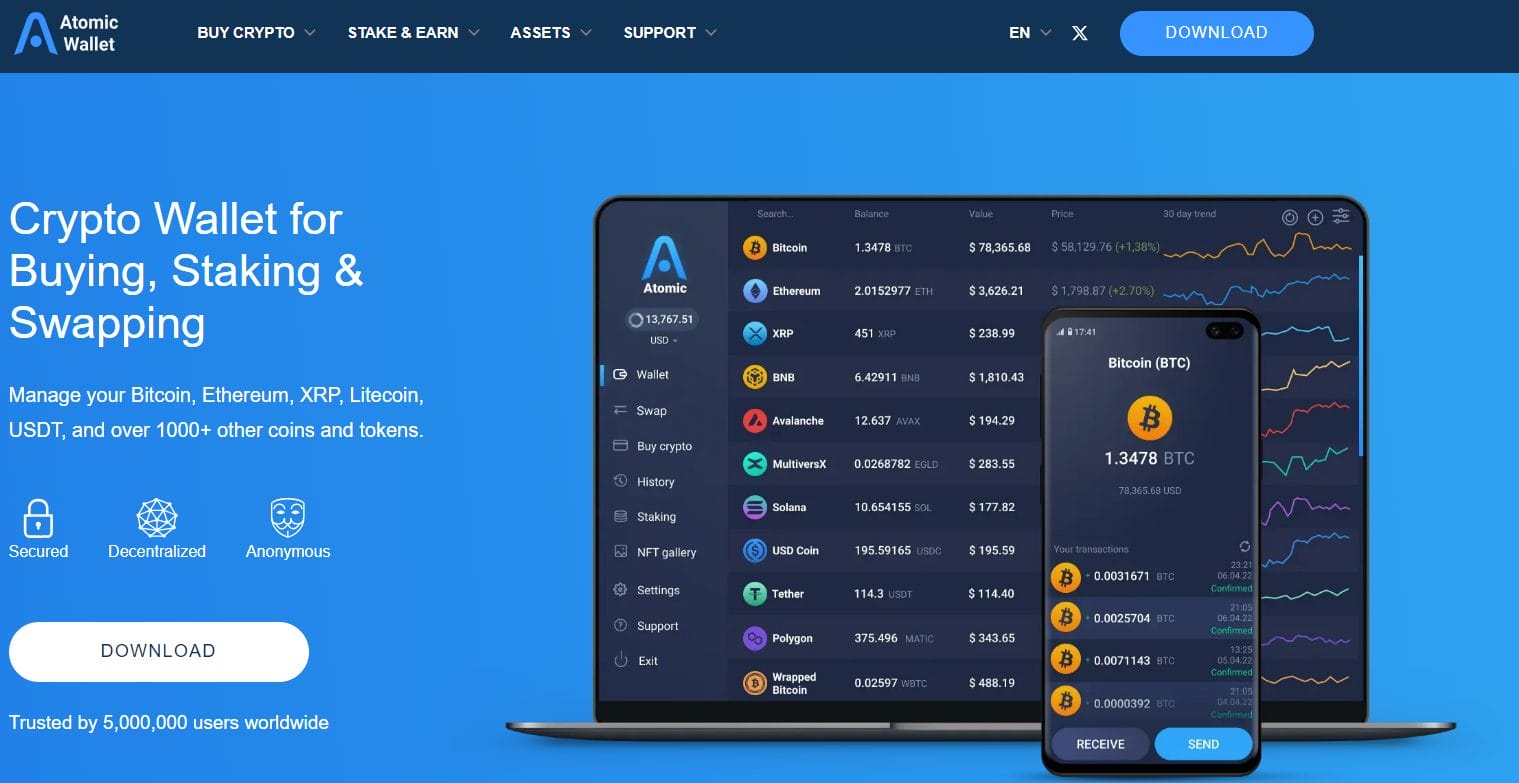
Atomic Wallet allows users to manage over 500 different cryptocurrencies in a single interface. Its built-in atomic swap feature enables users to exchange assets without needing a centralized exchange. Additionally, Atomic Wallet supports staking for several coins, including Solana, providing users with the opportunity to earn rewards directly from the wallet.
The wallet’s user-friendly design and wide range of supported assets make it a solid choice for both new and experienced crypto enthusiasts. Find out more in our Atomic Wallet review.
Pros
- Supports over 500 cryptocurrencies
- Built-in atomic swaps
- Staking capabilities
Cons
- Desktop apps can be resource-intensive
- Not as secure as hardware wallets
- Limited customer support
What special features does Atomic Wallet have?
- Built-in atomic swaps for seamless exchanges
- Support for staking multiple cryptocurrencies
- User-friendly interface
6. Trust Wallet – Best User-Friendly Wallet
Trust Wallet is a mobile-friendly wallet known for its simplicity and extensive support for various cryptocurrencies, including Solana.
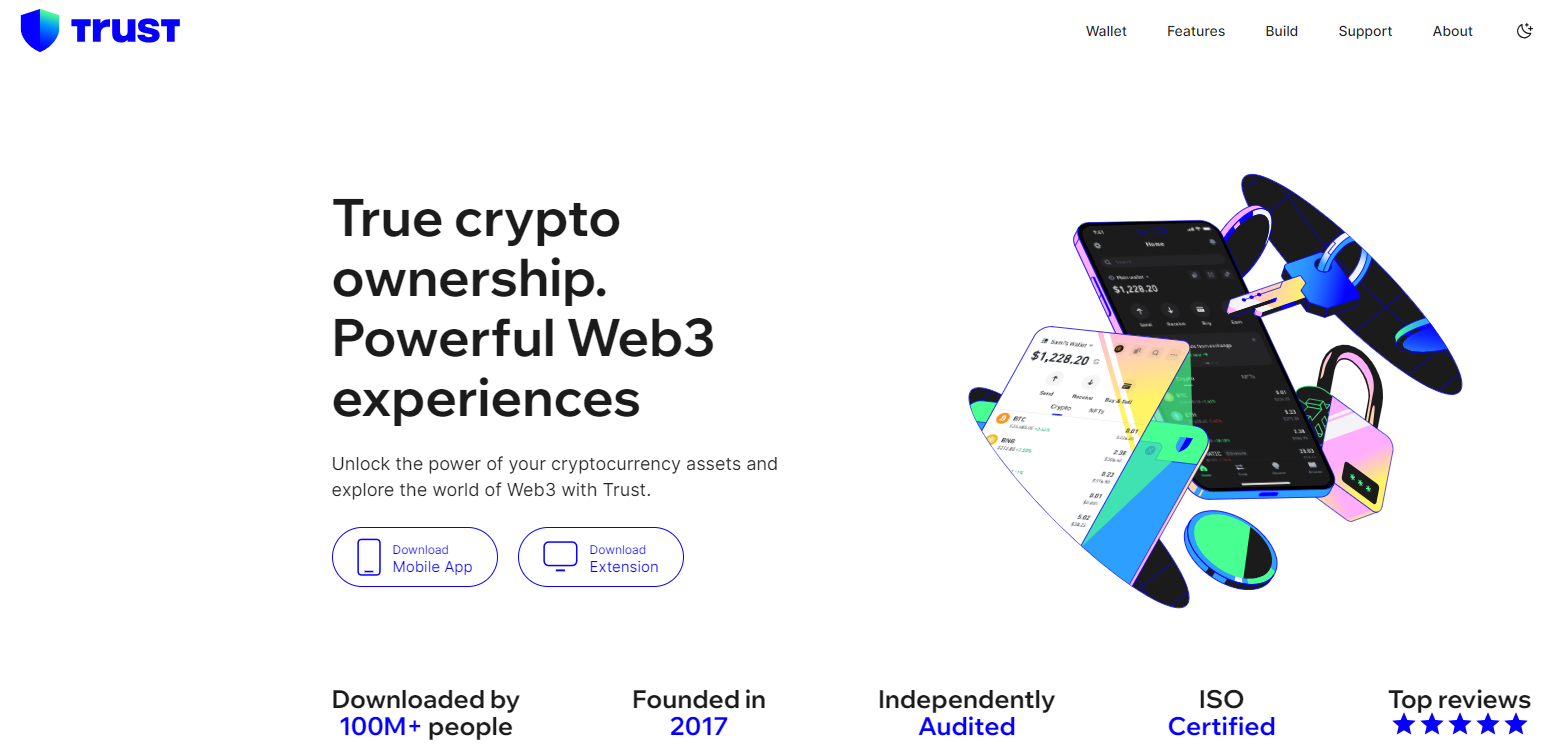
Trust Wallet offers a straightforward and intuitive interface, making it easy for users to manage their crypto assets on the go. The wallet supports a wide range of cryptocurrencies and includes a DApp browser for interacting with decentralized applications. Additionally, Trust Wallet provides built-in staking for several coins, allowing users to earn rewards effortlessly.
Its mobile-first approach makes Trust Wallet ideal for users who prefer managing their assets from their smartphones — providing convenience without sacrificing functionality.
Pros
- Mobile-friendly and easy to use
- Wide range of supported cryptocurrencies
- Built-in staking and DApp browser
Cons
- Limited to mobile devices
- Less secure than hardware wallets
- Occasional connectivity issues
What special features does Trust Wallet have?
- Mobile-first design for ease of use
- Built-in staking for multiple coins
- DApp browser integration
7. Math Wallet – Best Multi-Chain Solution
Math Wallet is a versatile wallet that supports multiple blockchains, including Solana, and offers both mobile and web versions.
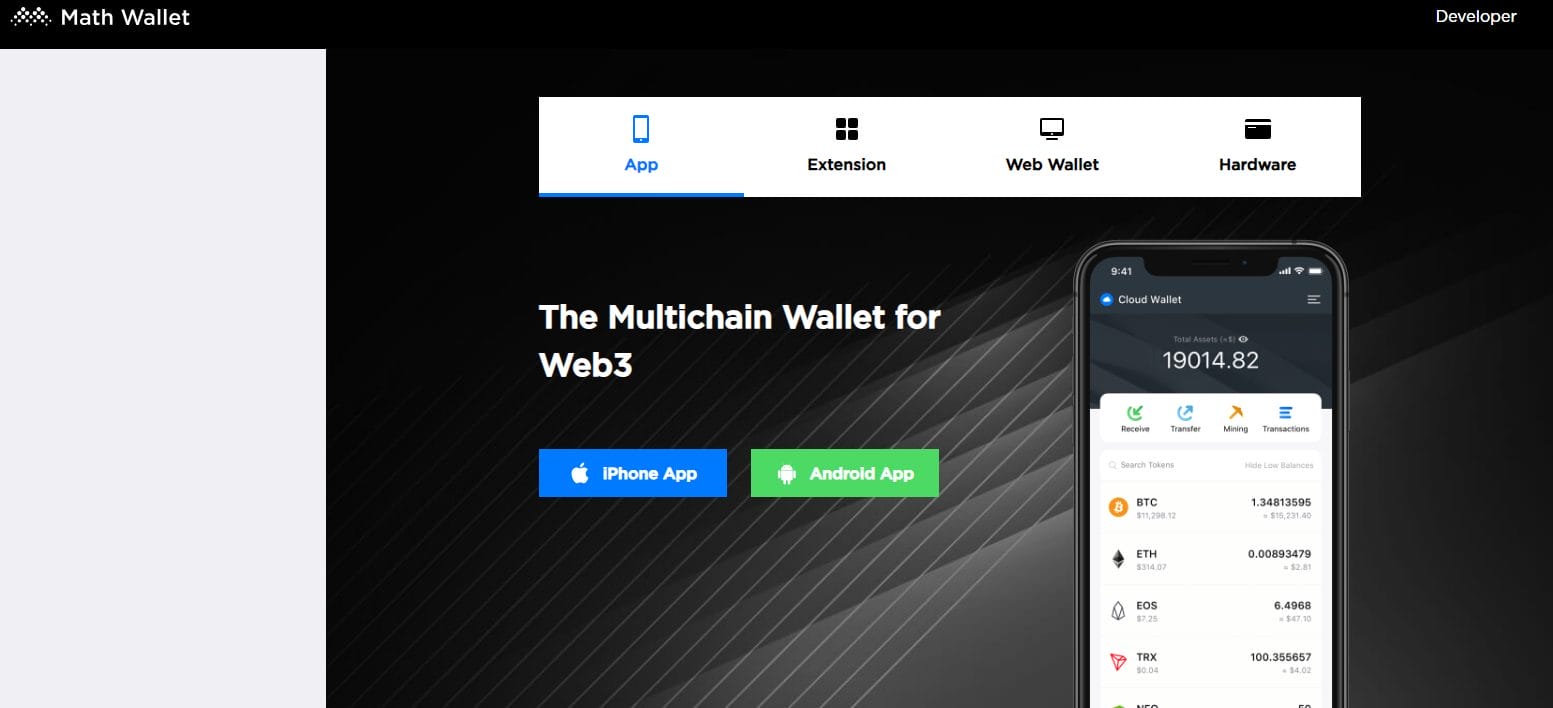
Math Wallet provides robust multi-chain support, making it a versatile option for users who hold assets across different blockchains. The wallet includes a DApp store, allowing users to interact with various decentralized applications directly from the wallet. Additionally, Math Wallet supports hardware wallets for enhanced security.
Its comprehensive features and multi-platform availability make Math Wallet a great choice for users looking to manage their Solana and other crypto assets in one place.
Pros
- Supports multiple blockchains
- DApp store integration
- Hardware wallet support
Cons
- Can be complex for beginners
- Requires setup across multiple platforms
- Limited customer support
What special features does Math Wallet have?
- Multi-chain support for diverse portfolios
- Integration with hardware wallets
- DApp store for easy access to decentralized applications
Now that we’ve answered the question of what is the best Solana wallet, let’s take a closer look at Solana itself.
What is a Solana Wallet?
A Solana wallet is a digital tool that allows users to store, manage, and interact with their Solana (SOL) tokens. These wallets are essential for anyone looking to invest in or trade Solana, as they provide a secure place to hold your assets. Solana wallets come in various forms, including software wallets (web, mobile, and desktop applications) and hardware wallets (physical devices that store cryptocurrencies offline).
Software wallets, such as Phantom and Solflare, are popular for their ease of use and accessibility. These wallets often provide additional functionalities beyond just storage, such as staking, trading, and integration with decentralized applications (DApps). For instance, Phantom offers seamless integration with the Solana ecosystem, making it easy to stake SOL and interact with various DApps. However, these can be susceptible to hacks, as seen in 2022 when 8,000 SOL wallets were targeted.
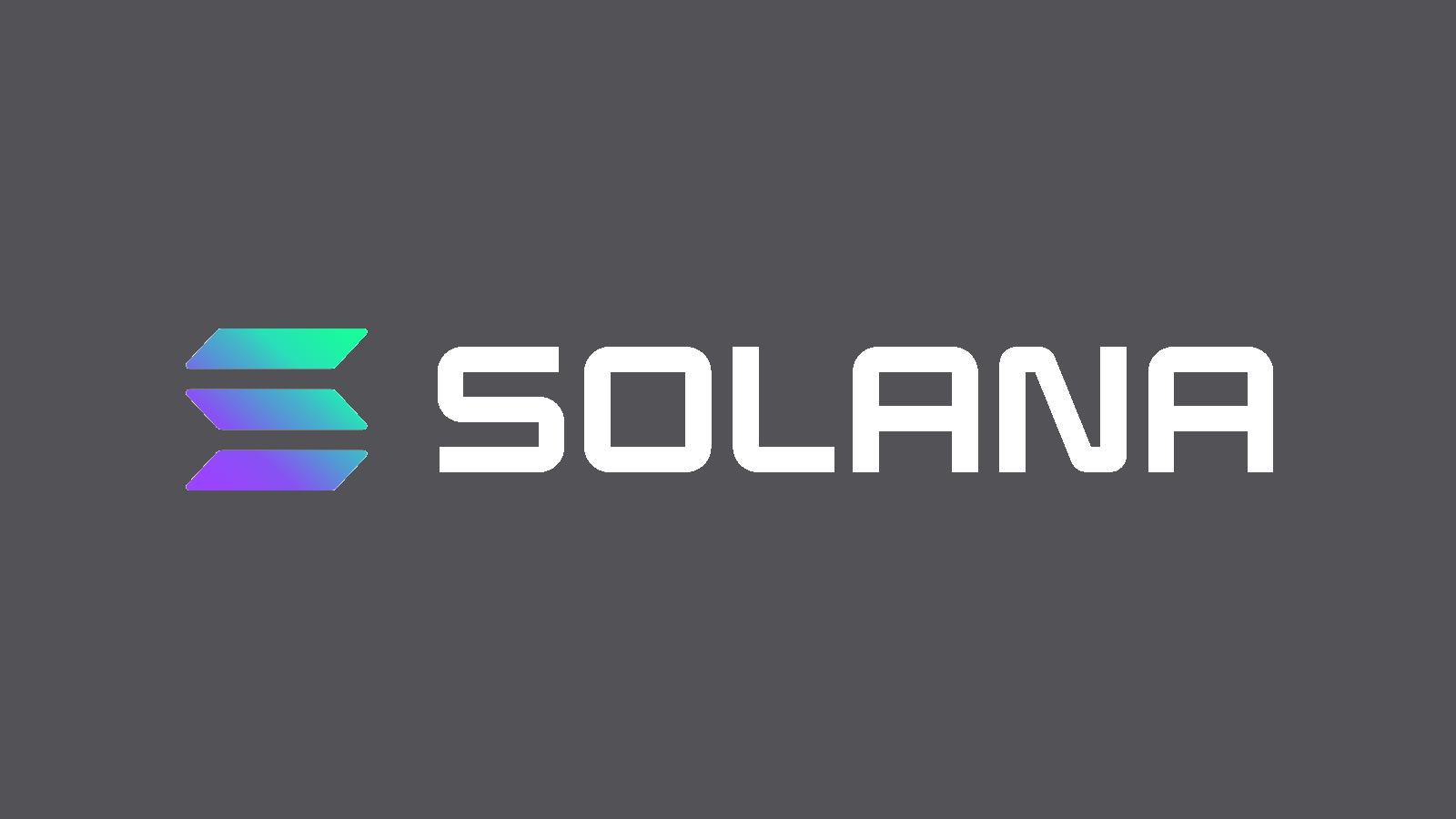
On the other hand, hardware wallets like the Ledger Nano X offer a higher level of security by storing your private keys offline, away from potential online threats. These wallets are ideal for long-term storage of significant amounts of SOL, as they provide robust protection against hacking and malware.
Hybrid wallets, such as those offered by Math Wallet, combine the benefits of both types by allowing users to store their keys offline while still providing the convenience of a software interface for transactions and DApp interactions. Choosing the right Solana wallet depends on your specific needs, whether it’s ease of use, advanced features, or maximum security.
Comparing The Top 7 Solana Wallets
So, how do the top Solana wallets compare to one another? Let’s look at this below using a table.
| Wallet | Type | Security Features | User Friendliness | Integration with DeFi and dApps | Additional Functionality |
| Phantom | Software | High | Good for beginners | Excellent | Staking, NFTs, In-wallet Trading |
| Solflare | Software | High | Good for beginners | Excellent | Staking, NFTs |
| Ledger Nano X | Hardware | Very High | Advanced investors | Limited | Staking |
| Math Wallet | Hybrid | High | Advanced investors | Excellent | Staking, NFTs, In-wallet Trading |
| Exodus | Software | High | Intermediate | Good | Staking |
| Atomic Wallet | Software | High | Intermediate | Good | Staking |
| Trust Wallet | Software | High | Intermediate | Good | Staking, NFTs |
Methodology: How We Ranked The Best Solana Wallets
Now that we’ve established our ranking, you may be wondering how we came about the order. Below are the key aspects we have taken into consideration.
Security Features – 25%
- Secure private key storage: When choosing a wallet, you must ensure that private keys are stored securely, often in a manner that prevents unauthorized access.
- Encryption methods: Deploy robust encryption techniques to protect sensitive data and transactions within the wallet.
- Multi-factor authentication: Wallets that support multi-factor authentication add an extra layer of security, making it harder for unauthorized users to gain access to your crypto.
Ease of Use – 25%
- User-friendly interface: Generally, wallets with an intuitive and easy-to-navigate interface are crucial for both beginners and advanced users. This makes it simple for you to use and store your Solana tokens.
- Simple setup process: The wallet you choose should offer a straightforward setup process that allows you to start using it without unnecessary complications.
- Accessibility on multiple devices: Cross-platform availability ensures that you can access your wallets from various devices, including desktops and mobile phones.
Integration with DeFi and dApps – 20%
- Compatibility with Solana-based DeFi platforms: The wallet should seamlessly connect with popular Solana-based DeFi platforms to enable easy access to all the tokens within the ecosystem.
- Support for dApp interactions: Effective interaction with decentralized applications (DApps) is vital for you to leverage the full potential of the Solana network.
- Easy connectivity to various DeFi services: The wallet should offer hassle-free connectivity to various DeFi services, making it convenient for you to engage in lending, borrowing, and trading.
Additional Functionality – 15%
- In-wallet trading: The availability of built-in trading features allows for you to trade directly within the wallet without needing external exchanges.
- Staking: Options for staking SOL directly within the wallet enable you to earn rewards and contribute to the network’s security and efficiency.
- Support for NFTs: The ability to manage, buy, and sell NFTs within the wallet adds a significant utility for those interested in the growing NFT market.
Reputation in Crypto Community – 15%
- Positive user reviews: High ratings and positive feedback from investors indicate reliability and satisfaction with the wallet.
- Recognition in the crypto industry: Industry awards, recognitions, and endorsements from reputable sources validate the wallet’s credibility and performance.
- Active community engagement: A wallet with an active and supportive community fosters a better user experience and ongoing improvements through feedback and collaboration.
How to Choose a Solana Wallet: 3 Things to Consider
Okay, so when you are choosing a Solana wallet, it’s essential to consider your specific needs, experience level, and desired features. The best wallet for you will depend on how you plan to use it and what you value most in a crypto wallet. Here are three key factors to keep in mind:
Storage vs Active Trading
Should your primary goal be to store Solana for the long term, security should be your top priority. As such, using hardware wallets could be in your best interest. Here are the main options for hardware wallet:
- Ledger Nano X
- Trezor
These are often the best choice for this purpose. These wallets store your private keys offline, making them immune to online hacks and malware. They are designed to be highly secure and are ideal for “cold storage” of large amounts of cryptocurrency.
On the other hand, if you are actively trading Solana and need frequent access to your funds, a software wallet or a mobile wallet might be more suitable. Below are some good options.
- Phantom
- Solflare
- Trust wallet
Software wallets offer greater convenience and faster transaction capabilities, making it easier to manage and trade your assets on the go.
Beginner vs Advanced
Your experience level within cryptocurrencies should significantly influence your choice of which Solana wallet to use. Beginners might benefit from wallets with simple, user-friendly interfaces that aren’t filled with advanced features. Wallets like Phantom are designed with ease of use in mind, offering a clean interface and straightforward setup process. They often include educational resources and support to help new users get started.
Advanced users, on the other hand, might prefer wallets that offer more sophisticated tools, such as custom transaction fees, integration with multiple blockchains, and advanced security settings. Solflare and MathWallet, for example, provide extensive functionality that can cater to the needs of more experienced cryptocurrency users who require greater control and customization.
Appeal of Additional Features
Different wallets offer various additional features that can enhance your overall experience. For instance, if you’re interested in earning rewards through staking, you should look for wallets that support staking directly within the app, such as Solflare or Exodus.
In-wallet trading is another valuable feature, allowing you to buy and sell Solana and other cryptocurrencies without needing to transfer funds to an external exchange. Phantom and Trust Wallet are good examples of wallets that provide this functionality. Furthermore, if you’re engaged in NFTs, having a wallet with robust NFT support is important.
Phantom and Solflare both offer features for managing and trading NFTs directly within the wallet, providing a seamless experience for NFT enthusiasts. When choosing a wallet, consider which of these additional features aligns with your crypto activities and goals.
Conclusion
Ultimately, choosing the right Solana wallet will depend on your specific needs, whether it’s security, ease of use, integration with DeFi platforms, or additional functionalities like staking and NFT support. Hardware wallets like Ledger Nano X offer the best security for long-term storage, while software wallets like Phantom and Solflare are excellent for active trading and DeFi interactions.
Ultimately, your choice should align with your crypto usage patterns and preferences to ensure a seamless and secure experience.
FAQs
What is the best hardware Solana wallet?
One of the best hardware Solana wallets is the Ledger Nano X, known for its high security and robust protection.
What is the best software Solana Wallet?
The best software Solana wallet is Phantom, praised for its ease of use and comprehensive feature set.
What is the top Solana wallet for trading?
The top Solana wallet for trading is Phantom, due to its user-friendly interface and seamless DeFi integration.
Is Phantom Wallet the best Solana wallet?
Yes, Phantom Wallet is widely regarded as the best Solana wallet for its overall usability, features, and community support.
How do you get a Solana wallet?
You can get a Solana wallet by downloading and setting up a wallet app like Phantom or purchasing a hardware wallet like Ledger Nano X from their official websites.
References
- Solana value rises by 3x in one month (CNBC)
- Hackers steal millions of SOL from crypto wallets (CNBC)
- Biggest NFT marketplace records over $2 billion in transactions (Bloomberg)
About Cryptonews
At Cryptonews, we aim to provide a comprehensive and objective perspective on the cryptocurrency market, empowering our readers to make informed decisions in this ever-evolving landscape.
Our editorial team, comprised of more than 20 professionals in the crypto space, works diligently to uphold the highest standards of journalism and ethics. We follow strict editorial guidelines to ensure the integrity and credibility of our content.
Whether you’re seeking breaking news, expert opinions, educational resources, or market insights, Cryptonews.com is your go-to destination for all things crypto since 2017.







 Eric Dunne
Eric Dunne 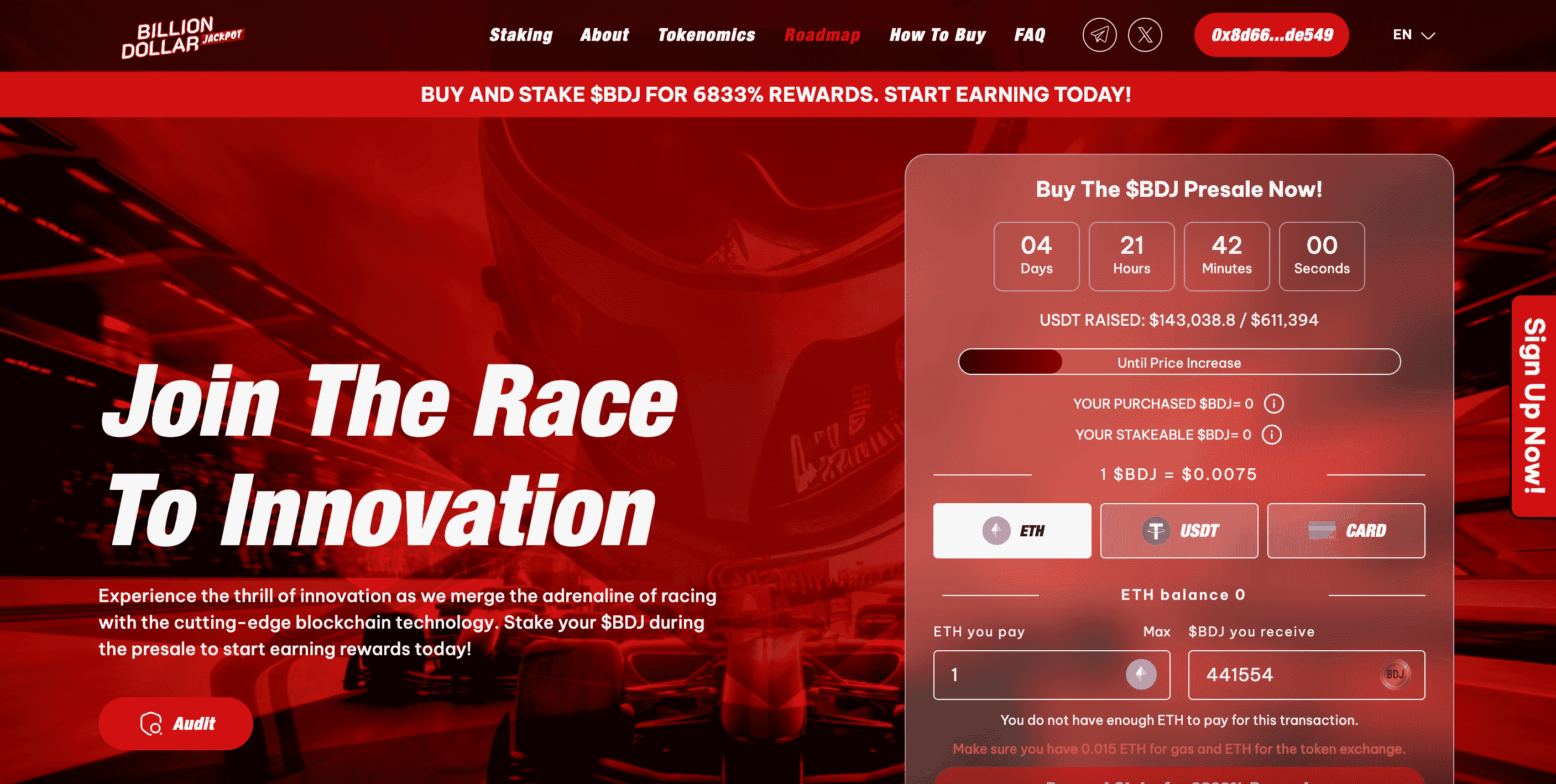
 Viraj Randev
Viraj Randev 
 Elliott Lee
Elliott Lee 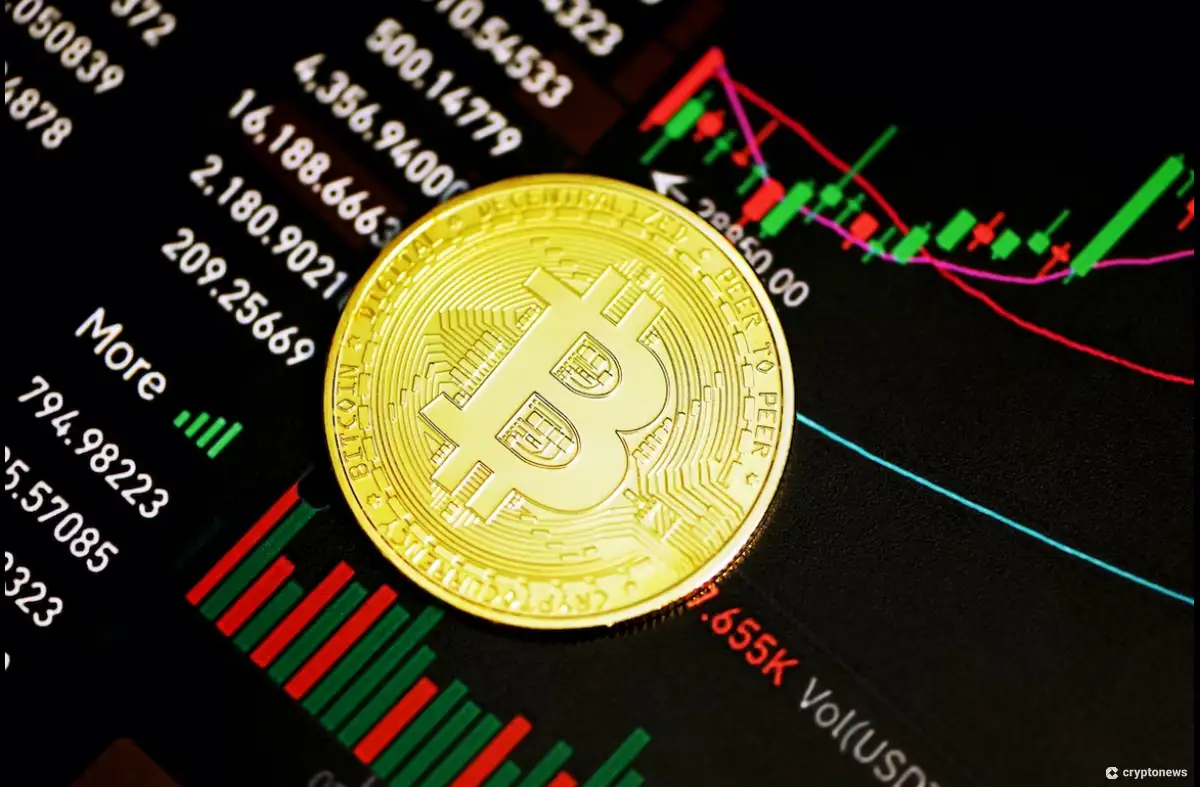
 Michael Graw
Michael Graw